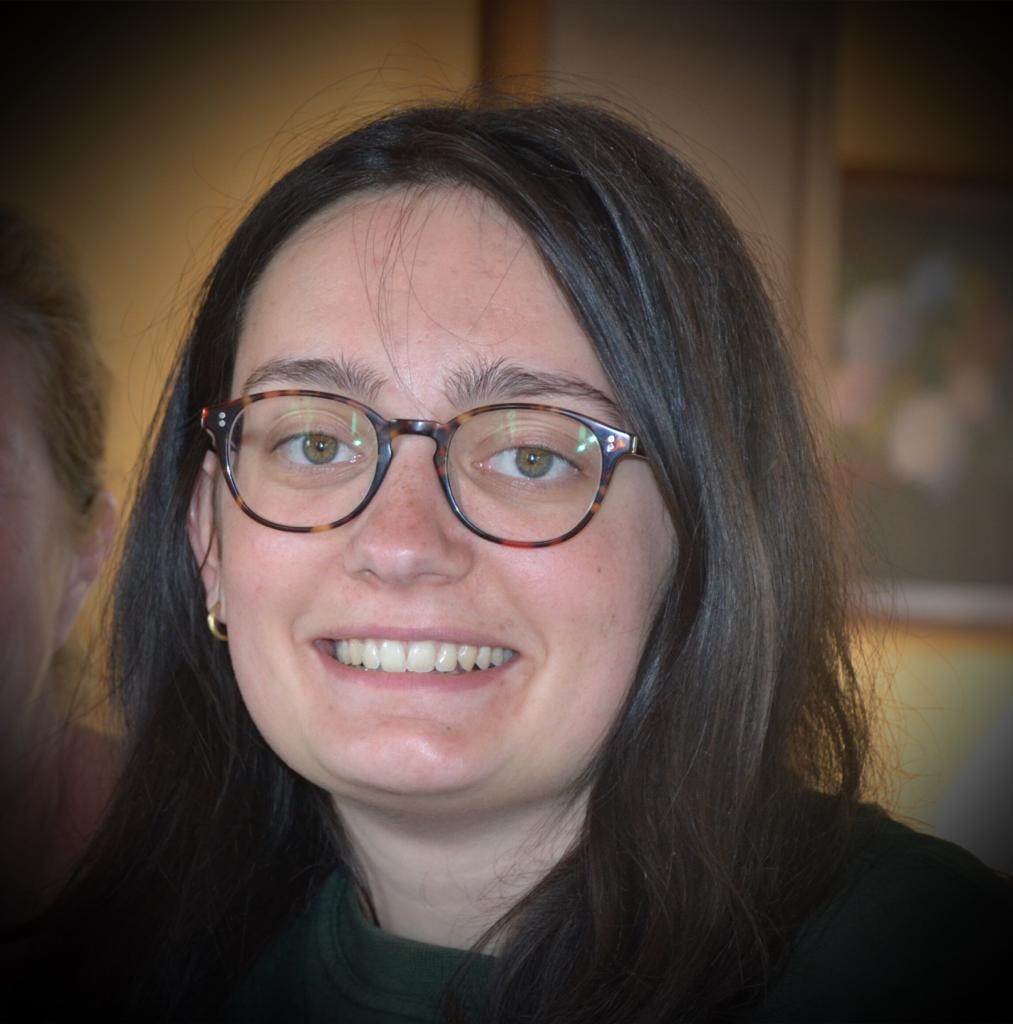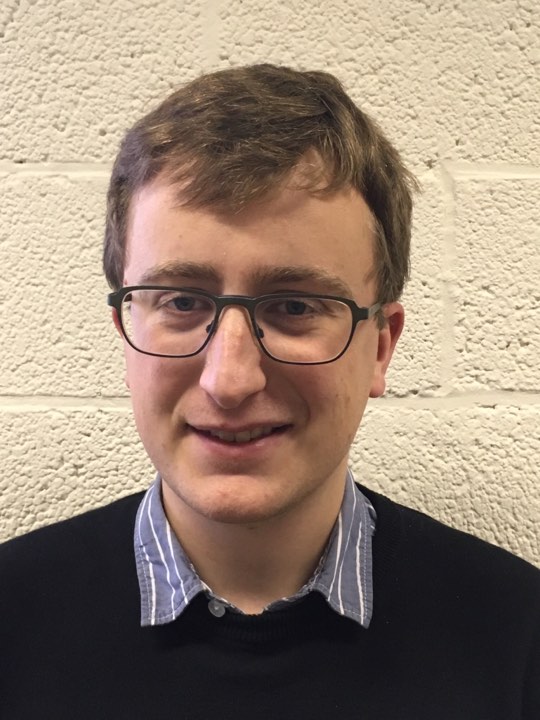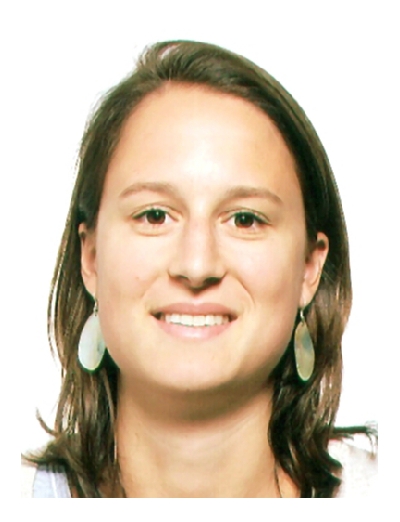Researchers
PhD Students
 Sophie De Raedemacker
Sophie De Raedemacker
graduated as a chemical and materials science engineer at Université Catholique de Louvain in Belgium in 2022. Now she is working on a PhD thesis under the supervision of Prof. A. Simar. Her thesis aims at developing a high strength healable aluminium alloy produced by additive manufacturing. The healing treatment is applied through hot isostatic pressing (HIP) allowing to close and seal porosities and cracks. The project includes development of the new composition and optimization of the printing parameters. The healing process will be studied as well as the mechanical properties before and after the healing treatment.
sophie.deraedemacker@uclouvain.be
 Vincent Voet
Vincent Voet
graduated as a mechanical engineer at the Université catholique de Louvain in 2019. He is currently performing a PhD thesis in partnership with Thales Alenia Space under the supervision of Prof. Aude Simar and Prof. Thomas Pardoen. His research focuses on thermal ageing of electronic component solder joints for space applications. Electronic equipments for satellites have to face temperature variations during their lifetime. It leads to solder joints thermal cycling due to coefficients of thermal expansion mismatches between the parts of electronic assemblies such as electronic components, solder joints and printed circuit boards (PCB). This research work aims to provide confidence interval estimates to predict the probability of succes or failure of electronic assemblies under specified conditions.
vincent.voet@uclouvain.be
Senior scientists / postdoctoral researchers
 Florent Hannard, Dr, Chargé de recherche FNRS
Florent Hannard, Dr, Chargé de recherche FNRS
graduated as a materials science engineer at Université catholique de Louvain (Belgium) in 2013. He is currently doing a PhD thesis (funded by a FRIA grant), started in September 2013 and under the joint supervision of Prof. Thomas Pardoen and Prof. Aude Simar from UCLouvain. His research focuses on the contribution from microstructure heterogeneities on the micromechanisms of ductile damage and cracking in metallic alloys. In order to address these effects on damage accumulation, a combined experimental and a modeling strategy is developed. The experimental strategy relies on in situ tensile testing coupled to 3D microtomography, in situ laminography during sheet loading and a variety of more classical mechanical tests. A cellular automaton type modeling is used to capture particle size distribution and cluster effects on the void nucleation and coalescence processes. His project also involves the use of friction stir processing (FSP) in order to increase the ductility of industrial aluminium alloys of the 6xxx series. From an applicability viewpoint, this method has the potential to locally improve ductility of sheets at locations where forming involves large strains or of structural components at stress concentration points.
florent.hannard@uclouvain.be
 Matthieu Baudouin Lezaack, Dr
Matthieu Baudouin Lezaack, Dr
Graduated as a mechanical science engineer at Université catholique de Louvain (Belgium) in 2017, he started a PhD thesis under the supervision of professor Aude Simar. The title of the PhD thesis is "Fracture of 7xxx aluminium alloys with tailored friction stir processed microstructures". After the PhD, he continued the investigations on aluminium alloys via new processing condition in the WAALU project.
matthieu.lezaack@uclouvain.be
 Sophie Ryelandt, Senior scientist
Sophie Ryelandt, Senior scientist
graduated as a physical engineer at Université catholique de Louvain in 1991. After having worked for six years at the R&D center of the Spadel company, she came back at UCLouvain as a senior scientist. She is involved in various applied research projects in collaboration with the industry. Her research domains are dealing with material science, metallic composites, multilayered materials and coatings, additive manufacturing of metals, nanomechanical and mechanical testing and the link between microstructure and mechanical properties.
sophie.ryelandt@uclouvain.be
 Camille van der Rest, Dr, Senior scientist
Camille van der Rest, Dr, Senior scientist
completed her PhD thesis on the optimisation of Heusler Fe2VAl-based thermoelectric compounds through innovative metallurgical processing in 2015. It was under the joint supervision of Prof. Pascal Jacques and Prof. Aude Simar. Her research topics now concern additive manufacturing, friction stir processing and thermoelectric materials.
Concerning additive manufacturing, the main contributions are on the characterisation and optimisation of the microstructures and the mechanical behaviour of Al parts obtained by Laser Powder Bed Fusion and the developpment of new materials for additive manufacturing. The link between the process parameters and the final microstructure/properties is a key issue. The optimisation of the post-treatments, both thermal treatments and Friction Stir Processing (FSP), is another of her research topics in order to reach improved mechanical properties. Finally, multi-material additive manufacturing is also studied, in order to understand the influence of both metallic alloys and their interactions (diffusion, reaction,...) on the final microstructures and properties.
On another hand, Camille developed, together with Prof. Aude Simar and Prof. Pascal Jacques, a novel Friction Melt Bonding (FMB) process in order to weld aluminium alloys and steels. This process is still under development thanks to the collaboration with other researchers of IMAP.
Concerning thermoelectrics, the main objective is the development of low-cost, non-toxic, and powerful materials that could be used in large-scale industrial applications of heat recovery. In addition, she studies some fundamental aspects in order to improve the performances of such materials, i.e. ordering phenomena in off-stoichiometric Fe2VAl-based Heusler compounds. It is essential to make the link between (innovative) manufacturing processes, microstructures and the functional properties of these TE materials.
camille.vanderrest@uclouvain.be
